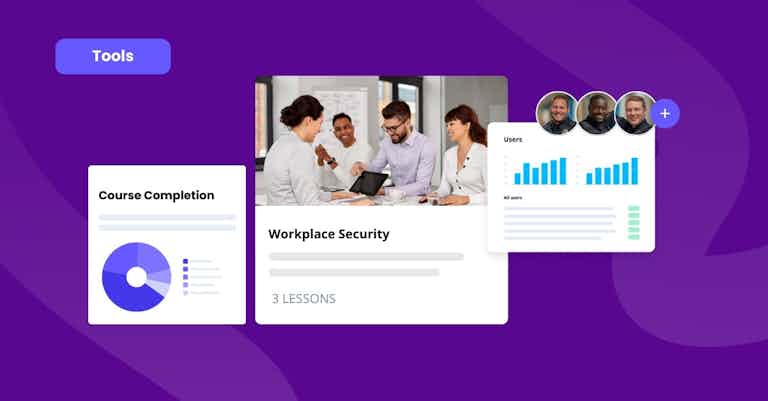
AI Agents: Revolutionizing HR in 2025
Welcome to the world of 2025, where AI agents have become the superheroes of Human Resources (HR). Imagine a workplace where the most mundane tasks are automated, and productivity levels are through the roof. That's the workplace of today, thanks to these digital helpers. They're not just reshaping the HR landscape; they're turning it on its head!

In the bustling world of HR, AI agents are the new must-have. With their ability to automate repetitive tasks—from recruitment processes to analyzing employee data—they free up valuable time for HR professionals to focus on strategic initiatives. This shift allows companies to streamline operations and redirect focus towards bigger picture strategies. But how exactly are these agents changing the game?
Automating the Mundane
AI agents are stepping in to handle the repetitive, time-consuming tasks that traditionally bog down HR departments. According to Visier, the integration of AI agents in HR is one of the key trends shaping 2025. These agents can sift through resumes, schedule interviews, and even provide initial candidate assessments, drastically reducing the workload on human recruiters.
"AI is not here to replace HR professionals," says Zach Johnson, GM of the embedded analytics business at Visier. "Instead, it's here to make their lives easier by handling the tasks that don't require human insight or empathy."
Enhancing Productivity Like Never Before
The impact of AI on productivity is profound. By marrying people data with work data, AI agents provide insights that drive business outcomes. As per SHRM, AI in 2025 allows HR to step out of its silo and become an integral part of the broader work tech experience. This integration facilitates smarter decision-making and can align workforce strategies with business goals more effectively than ever before.
"AI agents provide the data insights needed to make informed decisions quickly," says a strategic consultant at McKinsey. "This is essential in today's fast-paced business environment."
A Boon to Recruitment
Recruitment is one of the areas where AI has made the most significant impact. AI agents streamline the hiring process by using algorithms to match candidate skills with job requirements, significantly cutting down the time it takes to fill positions. This efficiency not only saves time but also reduces costs associated with prolonged vacancy durations.
In a world where "time is money," having quicker turnaround times in hiring can give companies a competitive edge. The proactive approach of AI in identifying potential candidates even before positions are open means companies can maintain a talent pipeline ready to go when the need arises.
Data-Driven Decisions
AI agents don't just collect data—they analyze it to provide actionable insights. This capability is transforming HR into a data-driven powerhouse capable of making strategic decisions backed by hard evidence. By integrating AI, companies can track performance metrics and correlate them with business outcomes, leading to more effective workforce planning and development strategies.
"The rise of AI agents is a game-changer for HR," says a senior analyst at Yole Group. "These tools empower HR professionals to not only collect data but use it to drive strategic initiatives that align with organizational goals."
Embracing the AI Bandwagon
With so much to offer, it's no surprise that companies are jumping on the AI bandwagon. The integration of AI in HR is no longer a futuristic concept but a present-day reality. From startups to established corporations, businesses are leveraging AI to not only improve efficiency but to gain a strategic foothold in their respective industries.

Challenges on the Horizon
While the benefits are undeniable, the road to AI integration is not without its challenges. Ensuring data privacy and security remains a top priority. Additionally, there is the ongoing need for continuous learning and adaptation among HR professionals as they adjust to new AI-driven roles.
Organizations must also manage the human element—maintaining a balance between automation and personal interaction. After all, HR is, at its core, about humans. As AI takes over routine tasks, HR professionals are expected to focus more on strategic thinking and human-centric responsibilities, such as employee engagement and organizational culture.
The Future is Here
As we continue to navigate through 2025, the role of AI in HR is only set to grow. From enhancing productivity to facilitating data-driven strategies, AI agents are the catalysts for a new era of HR excellence. By embracing these digital tools, companies are not just keeping up with the times; they're paving the way for a more efficient, strategic, and human-focused future.
In this age of digital transformation, the integration of AI in HR is not just a trend—it's a revolution. As organizations worldwide embrace AI, the future of HR looks brighter, more efficient, and more exciting than ever before.
For more insights on HR technology trends, visit Visier's Blog.
